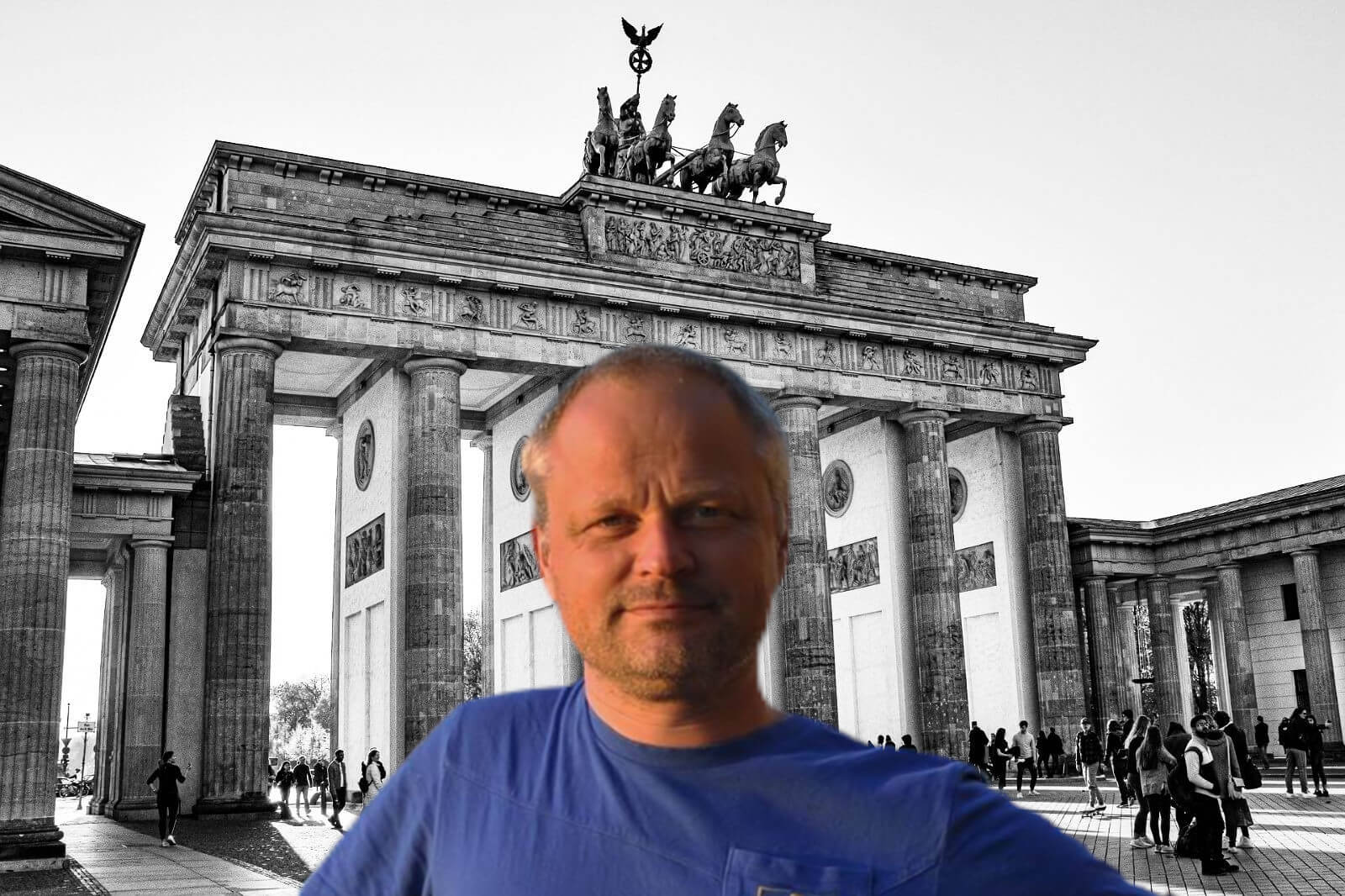
Global warming is setting the world the immense task of ending the use of fossil fuels in industry and transport. Europe must become CO2 neutral by the year 2050. Other countries also want to move in that direction. But how?
In the case of road transport, there are already obvious alternatives, such as electric cars and, for heavy transport, potentially hydrogen as well. Even for industry, the task of becoming CO2 neutral does not seem to be impossible.
One of the greatest challenges is in aviation. Is it possible to build electric airplanes that are affordable, travel longer distances and can accommodate large groups of people and freight? One thing is certain. The last few weeks have shown that Europe is definitely not standing idly by here.
Heart Aerospace, Eviation and Vertical Aerospace
Reports of electric aircraft orders for fledgling European companies have been pouring in. How about U.S. airline United Airlines, which wants to buy 100 electric passenger planes (19-seaters) from the Swedish start-up Heart Aerospace. The plan is to put these planes, with a range of 400 kilometers, into service in 2026.
German mail and parcel delivery service DHL has purchased 12 electric aircraft from the Israeli-American company Eviation. The planes will have a freight capacity of 1.2 metric tonnes and can fly 815 kilometers on one battery charge. It’s not very much yet compared to large aircraft that can carry up to 100 tonnes, but it’s a start.

British Vertical Aerospace says it has even received more than 1,000 orders for its vertical takeoff and landing electric aircraft, otherwise known as eVTOL (electric vertical takeoff and landing).
One of the buyers is Virgin Atlantic, known for its “space enthusiast” Richard Branson. He wants to build a network of flying taxis between cities with 50 to 100 of e-VOTL planes. The company says it has several high-profile investors behind it, including Microsoft, American Airlines, Avolon, Honeywell and Rolls-Royce.
Volocopter and Lilium
Among those in the eVTOL category is Volocopter, a German company that recently demonstrated a manned flight in front of hundreds of thousands of spectators at an air show in Oshkosh, USA. Few of its competitors are in a position to say that. The flight did last only 4 minutes at an altitude of 50 meters flying at a speed of 30 kilometers per hour.
And then there is Bavarian Lilium, which has bagged a $1 billion mega order for 220 of its eVTOL taxi planes for 6 people from Brazilian airline Azul. According to German media, the planes are supposed to serve mainly the Sao Paulo and Rio de Janeiro area. Sao Paulo is Brazil’s largest city and has very heavy helicopter traffic. Lilium’s eVTOL aircraft could replace that helicopter traffic. Lilium has similar plans for the Ruhr area in Germany.
Finally, there are several other noteworthy electric initiatives from Slovakia’s Pipistrel, Swiss companies H55 and Dufour Aerospace, and last-but-not-least, Airbus, which is presently puzzling over larger models for passenger transport.
Take a Spac to the trade fair
It indicates that Europe is well placed to benefit from a huge growth market, provided that the E-planes pass their practical tests, which is often not the case. In any event, there is still a lot of work to be done, especially when it comes to long-haul aircraft.
One upside is that there seems to be enough capital available for the unquestionably huge investments needed for R&D. This is evidenced by e.g. Lilium and Vertical Aerospace, that are also set to go public in the US soon. This will be done through a takeover by a so-called Spac, an exchange fund that only has money at its disposal, but no activities.
Whether such price hikes are justified remains to be seen. It is obvious that not all emission-free aviation companies will make it to the finish line. But it is beyond any doubt that a great deal will happen over the coming years in this field.
Also check out our archive on electric flight.







